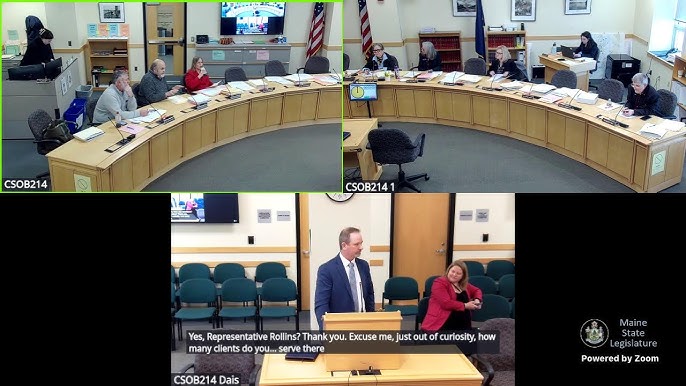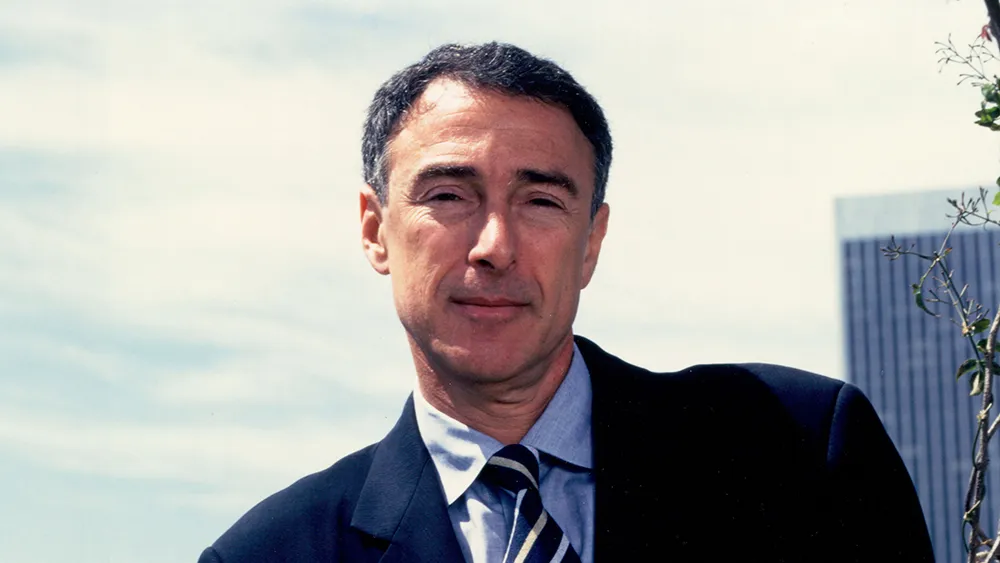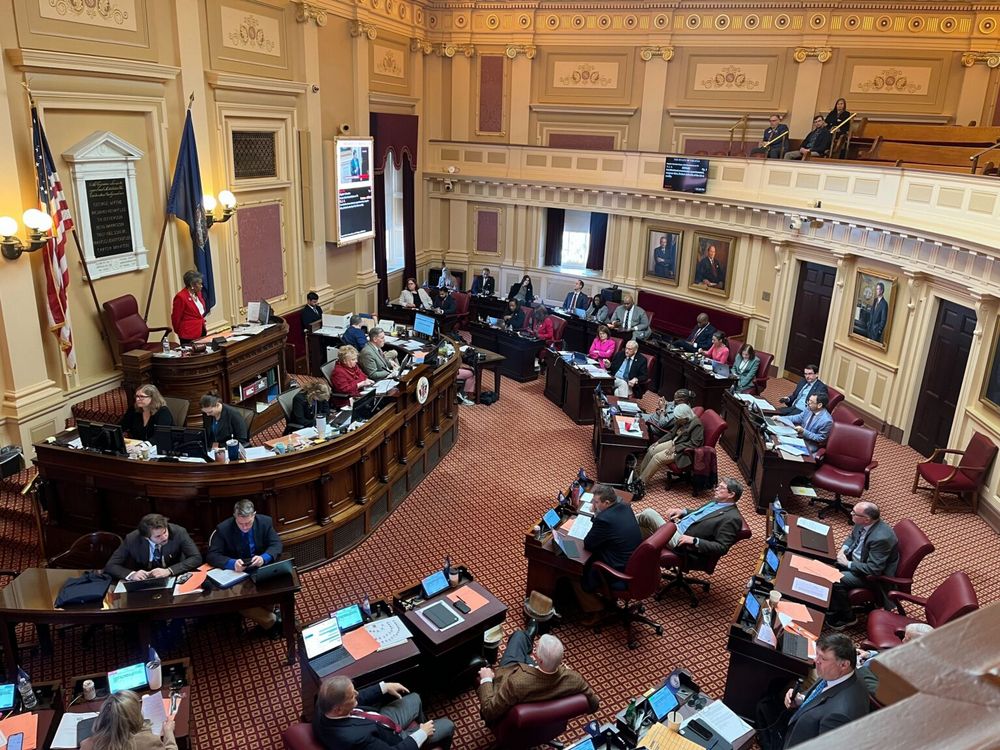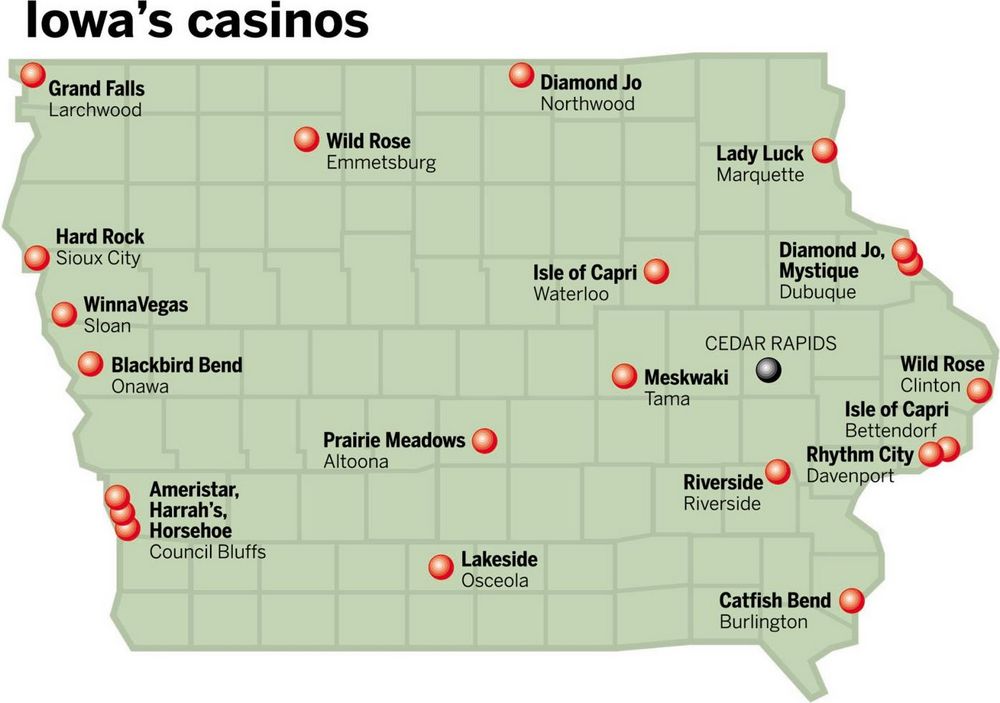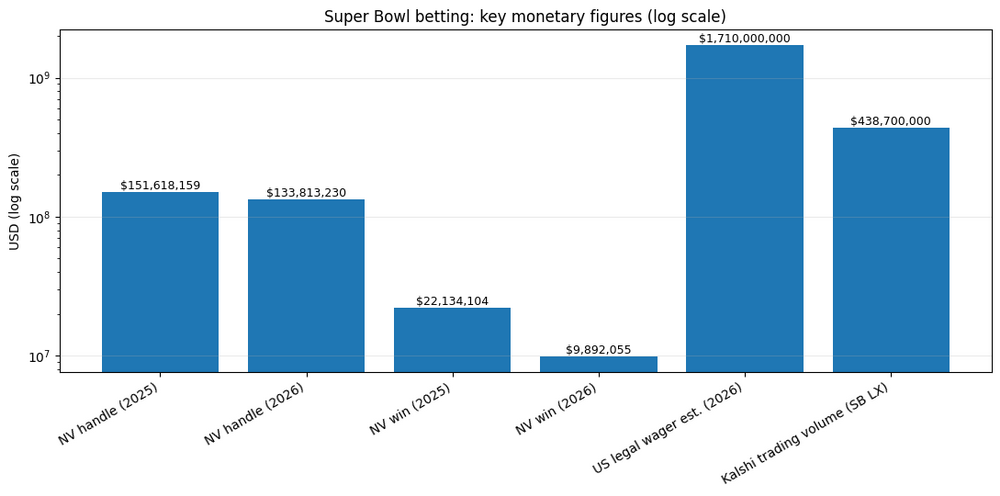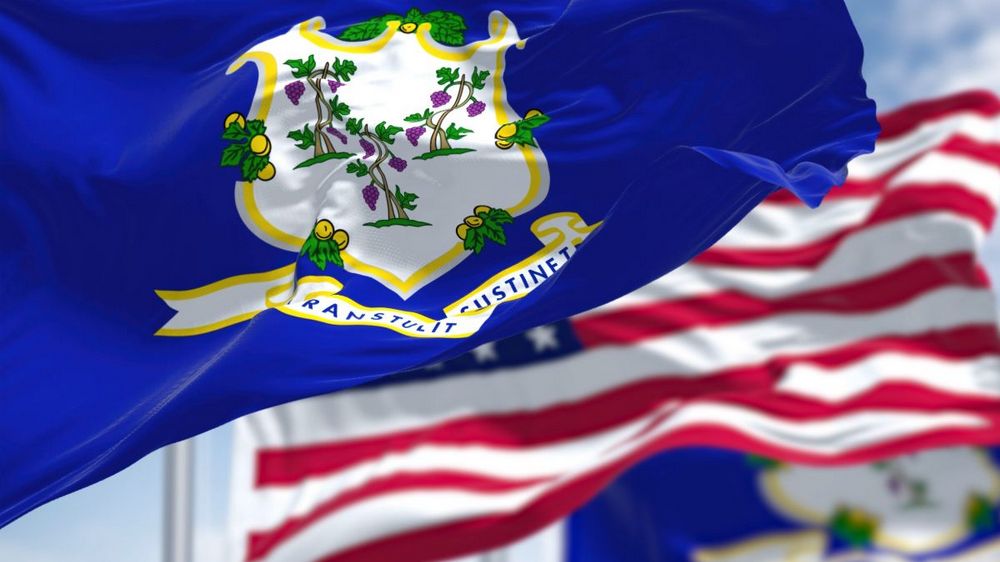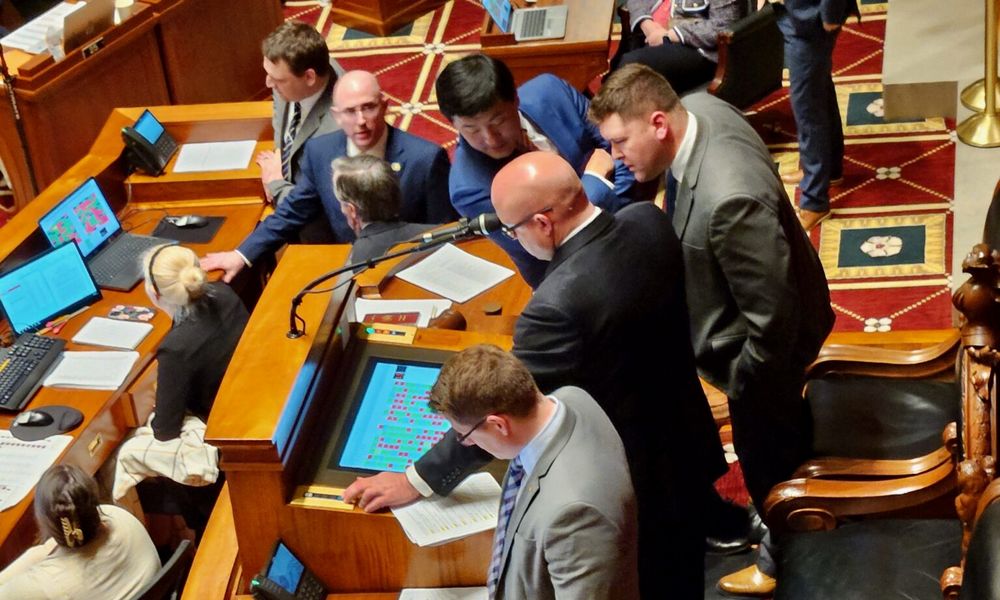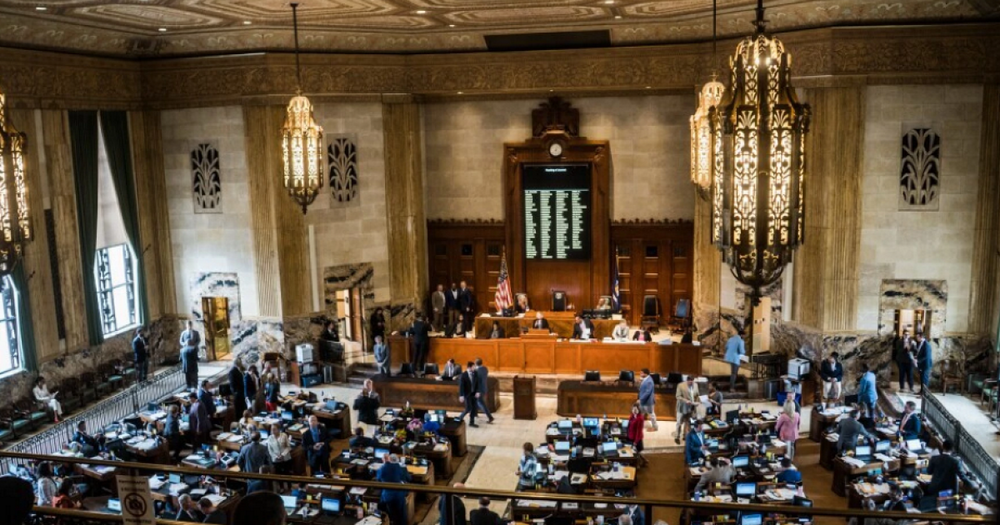A political storm is brewing in Washington as Representative Dina Titus of Nevada formally requested that the Commodity Futures Trading Commission (CFTC) investigate potential conflicts of interest involving its current chair nominee, Brian Quintenz.
In a letter made public on August 5, 2025, Rep. Titus called for the release of all internal communications between Quintenz and the agency relating to Kalshi, a CFTC-regulated prediction market operator where Quintenz serves as a board member. Her concern centers on the nominee’s proximity to a platform actively engaged in political and event-driven wagering—an activity closely monitored by the gaming sector and with controversial legal status in many states.

Titus, who co-chairs the Congressional Gaming Caucus, emphasized that public confidence in regulatory impartiality must be protected at all costs. “The CFTC cannot be led by someone with unresolved entanglements in markets it directly oversees,” she said. “This is especially true when those markets intersect with politically sensitive subjects, like elections or government policy.”
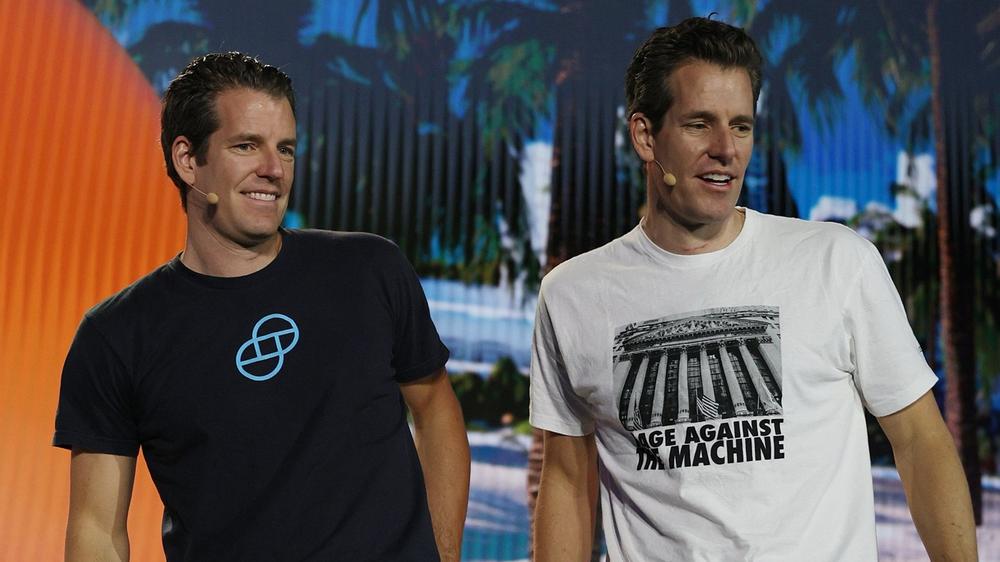
The controversy adds to mounting resistance against Quintenz’s confirmation. Just days earlier, Cameron and Tyler Winklevoss, co-founders of crypto firm Gemini, urged President Trump to withdraw the nomination, stating Quintenz is “out of step” with the administration’s vision to make the U.S. “the global capital of digital innovation.”
CFTC to Debate Future of Sports Prediction Markets Amid Legal Uncertainty
Quintenz, a former Republican commissioner of the CFTC and ex-partner at a fintech advisory firm, has faced scrutiny over Kalshi’s attempts to offer markets on U.S. election outcomes, which the CFTC previously rejected as violating public interest. His board seat at Kalshi is now the centerpiece of a larger debate over whether former regulators should be permitted to immediately return to companies they once regulated—a topic familiar to compliance and ethics professionals.
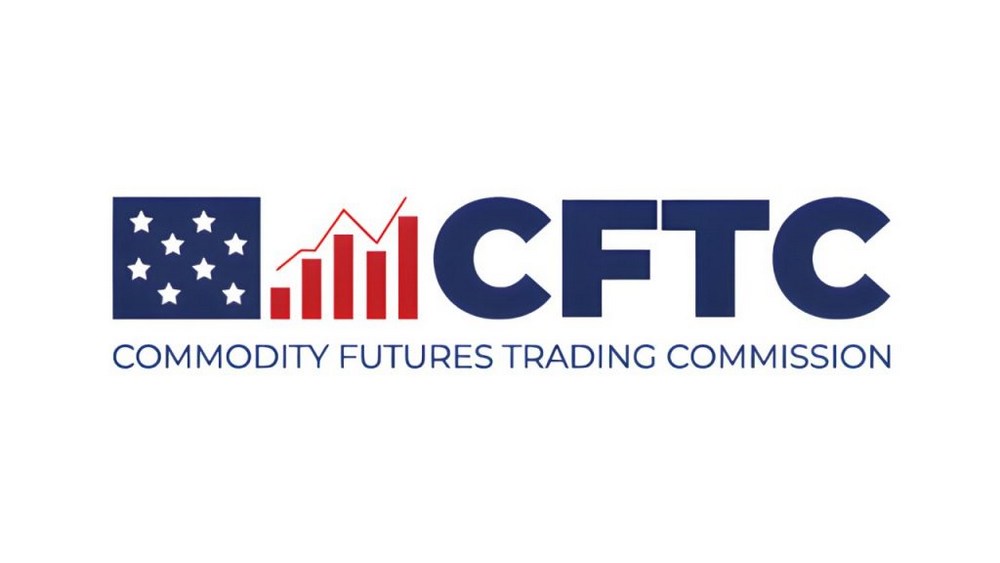
Kalshi Didn’t Bet on Its Own Future—And Nevada Just Called Its Bluffv
While the Senate confirmation vote for Quintenz was originally scheduled for the week of August 5, it has now been postponed indefinitely, with no new date set at press time.
For the gaming and prediction market industries, the case is being closely watched. Our media outlet will continue monitoring how this challenge affects broader regulatory dynamics, including the future status of event wagering platforms, oversight boundaries between financial and gaming regulators, and the degree to which political influence shapes compliance interpretations at federal agencies.












